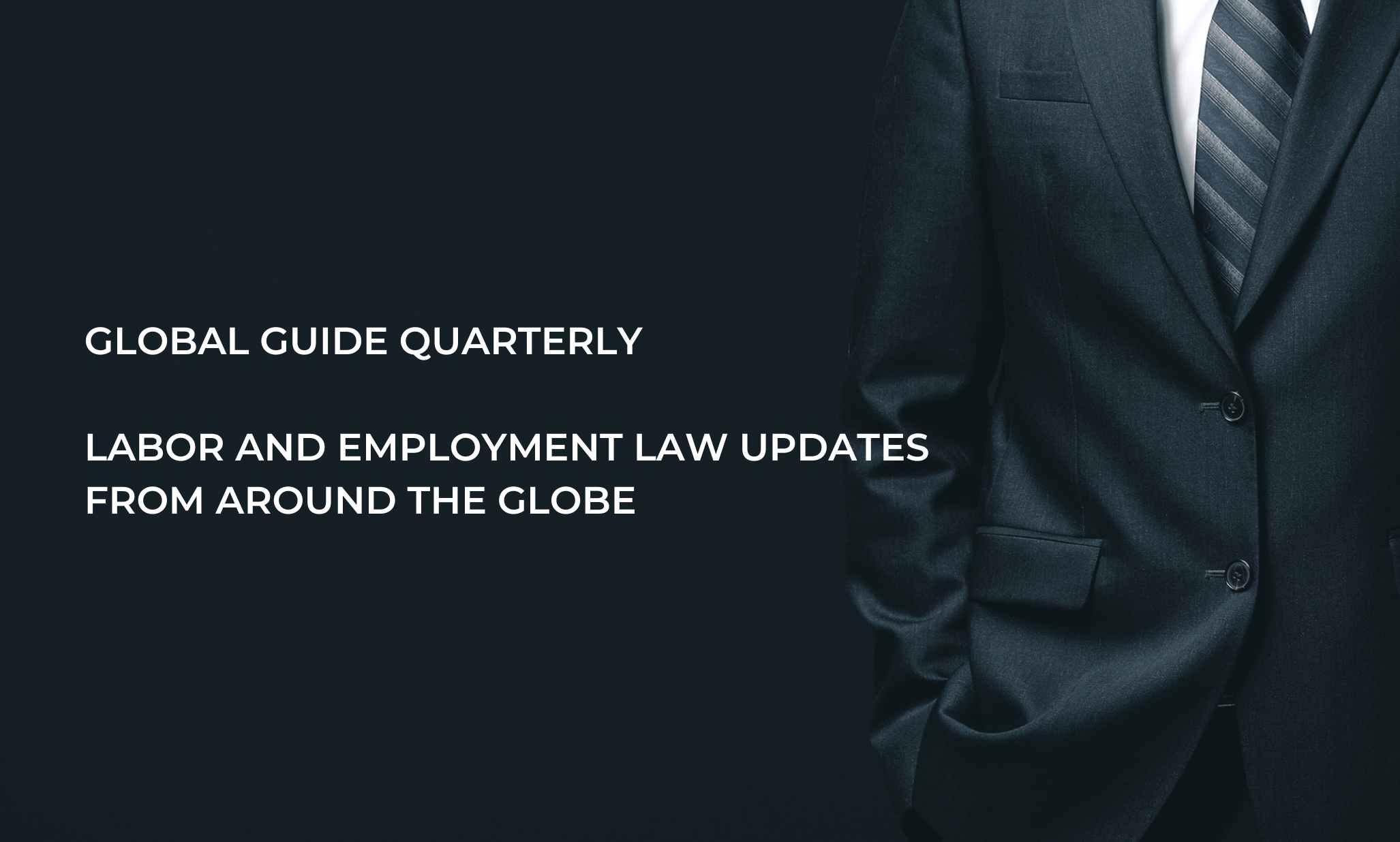


The Indonesian House of Representatives (Dewan Perwakilan Rakyat or “DPR”) passed the revised Criminal Code at its plenary session on December 6, 2022, and it has now been legislated by the Government as Law No. 1 of 2023 regarding Criminal Code, dated January 2, 2023 (the “New Criminal Code”).
This article briefly traces the path to passage of the New Criminal Code and looks at key differences between the New Criminal Code and its predecessor.
How the New Criminal Code Came to Pass
The first discussions on revising Indonesia’s Criminal Code took place at a national seminar about 60 years ago. A draft of Book I of the Criminal Code appeared in 1968, followed by a draft of Book II in 1979. These drafts were discussed at an academic conference in December 1982. So, clearly, revising the country’s Criminal Code has been a long process.
At one point, the Department of Justice, now known as the Ministry of Law and Human Rights, formed a team to prepare for the amendment of the Criminal Code. However, it was only in 2015 that discussions around the draft of the New Criminal Code really heated up. From 2019 to 2022, the draft of the New Criminal Code was introduced for the purpose of gathering public opinion to help shape the final draft.
Key Provisions of the New Criminal Code
The New Criminal Code has sought to improve certain provisions with the aim of helping marginalized communities.
Improvements Under the New Criminal Code
One notable improvement can be found in the provisions regarding sexual abuse, where the New Criminal Code now elaborates on the definition of rape to protect victims.
It also expands the definition of violence or threat of violence to not only cover physical threats, but also psychological ones, such as power relations (e.g., sexual advances on an employee by an employer who has power over their career). The New Criminal Code also recognizes marital rape.
Another change comes in the form of the exemption from criminalization of abortion. Article 463 of the New Criminal Code exempts not only victims of rape, as also found in the previous Criminal Code, from criminalization of abortion, but also victims of other forms of sexual violence, e.g., forced prostitution, sexual exploitation, and sexual slavery. And it expands the exemption period to 14 weeks, from the first 40 days of pregnancy, when most women still haven’t realized they are pregnant.
Lastly, the New Criminal Code makes it easier to commute death or life sentences. Article 100 of the New Criminal Code introduces “delayed execution," where a person sentenced to death must be imprisoned for 10 years before they are executed. During these 10 years, the person will be re-evaluated, which may result in their sentence being commuted to life in prison. And under Article 69 of the New Criminal Code, if a convict serving a life sentence has served a minimum of 15 years, the life sentence can be commuted to 20 years’ imprisonment by presidential decree, subject to the Supreme Court’s opinion.
Public Criticism
Several provisions of the New Criminal Code have been heavily criticized by the public as infringing personal privacy and restricting freedom of speech.
A large source of contention is the new provision on cohabitation. Cohabitation is prohibited under Article 412 of the New Criminal Code, a prohibition that critics say blurs the line between private and public. It is important to note that cohabitation is an offence based on a complaint (delik aduan), which means it is only punishable if a person, as stipulated under Article 412(2), files a complaint with the relevant authority (e.g., the police).
Another criticism concerns Article 411 of the New Criminal Code, which prohibits sexual intercourse outside of marriage, with punishment including imprisonment for up to a year and a maximum fine of IDR 10 million. Similar to the provision on cohabitation, adultery is only punishable if a person, as stipulated under Article 412(2), files a complaint with the relevant authority.
There has also been heavy criticism of perceived restrictions on freedom of speech under Articles 218 to 220 of the New Criminal Code. These provisions regulate attacks on the dignity and status of the president and/or vice president. Under the elucidation of Article 218(2), criticism is still allowed, with certain conditions:
(a) Criticism is, to the extent possible, constructive despite disagreeing with the actions, policies or conduct of the president and/or vice president; and
(b) Criticism is expressed as a form of supervision, correction, and suggestion involving issues related to the public interest.
Punishments for violating these provisions include imprisonment for up to four years and six months and fines of up to IDR200 million. A person may face prosecution if the president and/or vice president files a complaint in writing.
A last criticism concerns corporate criminal liability, as found under Articles 45 to 50. Corporate criminal liability under the New Criminal Code is defined as a criminal act carried out by persons holding management (pengurus) positions with functional authority in the organizational structure of the corporation, or persons, based on a work relationship or based on another relationship, acting for and on behalf of the corporation or acting for the benefit of the corporation.
Based on the provisions, corporate criminal liability first requires identifying the individual(s) who performed the criminal act. If this were to be applied in the context of environmental law, for example, it would risk responsible actors (the corporation itself) evading punishment because it would be difficult to identify the person who committed or performed the act if it involved a large corporation. Another concern is the idea of vicarious liability, whereby a person may be held accountable for actions performed by another person. This may be deemed as a deviation from the personal principle (asas personal) adopted in criminal law, whereby responsibility is limited to a person’s own wrongdoing and not the wrongdoing of others.
Other Provisions
The New Criminal Code also, among other things, (i) removes the distinction between crime and violation, and instead simply uses the term criminal act; (ii) acknowledges living law (law that exists in society), which allows prosecution of a person based on customary laws prevailing in each region; (iii) removes the element of intent since all criminal acts are deemed to be intentionally conducted, unless otherwise determined that there is negligence; (iv) categorizes the punishments for criminal acts into principal, which introduces the idea of parole (pidana pengawasan) and community service (pidana kerja sosial), additional (such as revocation of certain rights and payment of compensation), and special punishment (such as capital punishment); (v) categorizes criminal fines and their payment through installments; and (vi) expands the definition of obstruction of justice and contempt of court.
It is unclear what would be considered as customary law that could lead to criminal prosecution, but we would expect that such prosecution under the New Criminal Code would involve conduct that seriously infringed on local custom.
Conclusion
It is important to note that enforcement of the New Criminal Code is set to take effect three years from its enactment, which will be in January 2026.









